American Addresses, with a Lecture on the Study of Biology
Book Excerpt
Suppose that a man tells you that he saw a person strike another and kill him; that is testimonial evidence of the fact of murder. But it is possible to have circumstantial evidence of the fact of murder; that is to say, you may find a man dying with a wound upon his head having exactly the form and character of the wound which is made by an axe, and, with due care in taking surrounding circumstances into account, you may conclude with the utmost certainty that the man has been murdered; that his death is the consequence of a blow inflicted by another man with that implement. We are very much in the habit of considering circumstantial evidence as of less value than testimonial evidence, and it may be that, where the circumstances are not perfectly clear and intelligible, it is a dangerous and unsafe kind of evidence; but it must not be forgotten that, in many cases, circumstantial is quite as conclusive as testimonial evidence, and that,
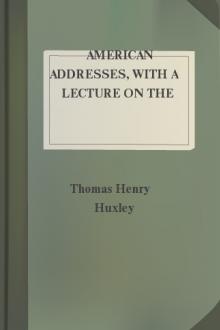
 Free Download
Free Download















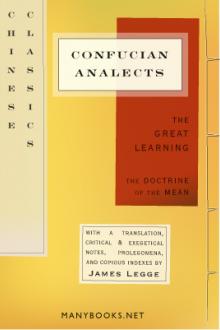

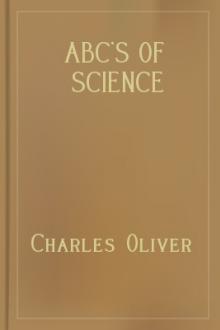
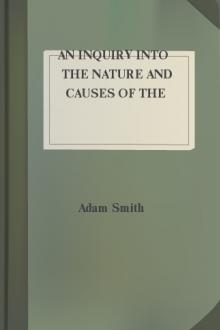
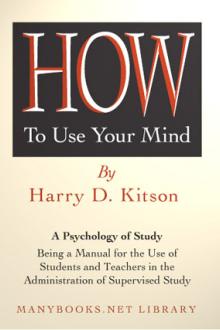
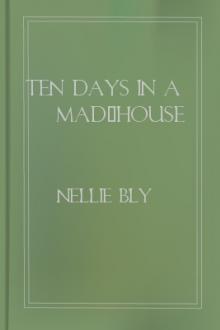
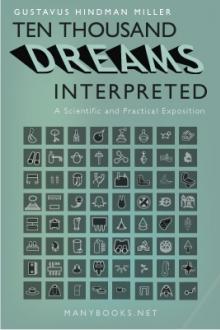
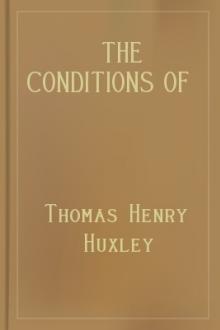
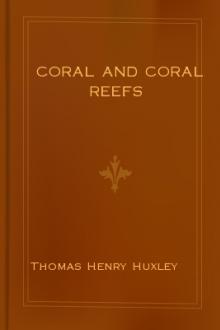
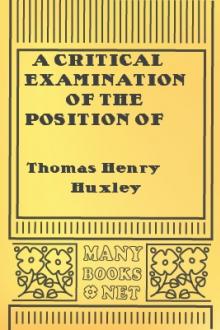
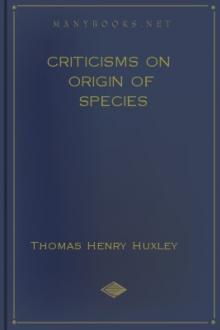
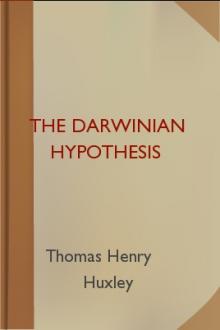
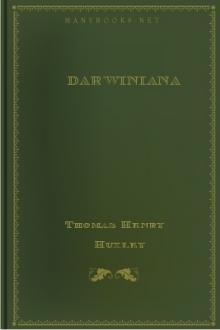
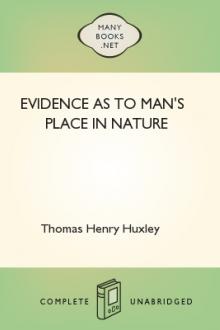
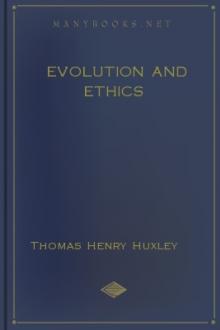
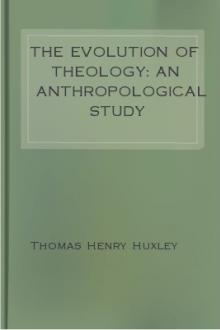
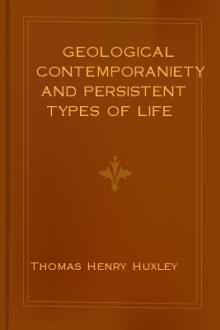
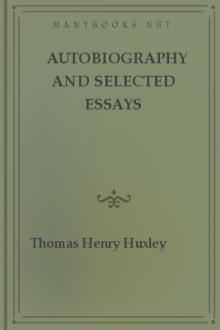
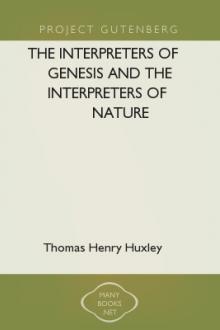
-itok=vcKIB5v1.jpg)